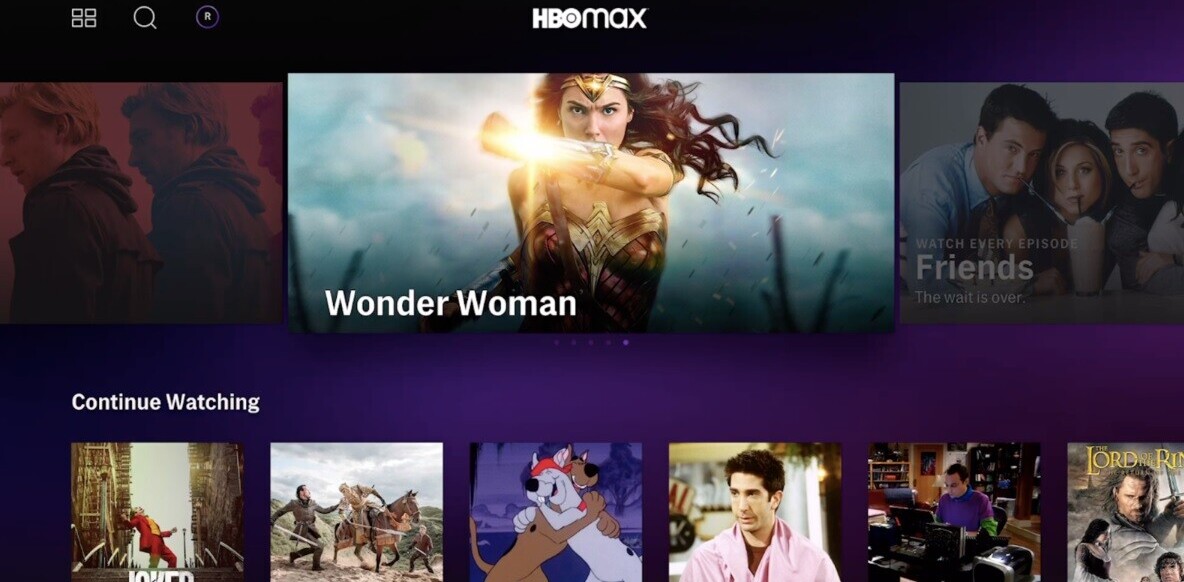
Ownshelf, a service that allows its users to share their ebook collections with others, has started to enlist well-known people to help raise awareness of its service. It’s potentially on dodgy ground, though, and publishers will no doubt be keeping an eye on this ‘Dropbox for ebooks’ to make sure it doesn’t become a ‘Megaupload for ebooks’.
Ownshelf launched in beta last month as a platform for users to offer up DRM-free ebooks for reading by others by way of a file storage-cum-social network. Now the startup has enlisted its first ‘featured user’, the ‘nerdcore’ hip hop artist MC Lars. A Stanford alumnus who graduated in English, Lars’ shelf offers everything from Shakespeare’s Macbeth and Melville’s Moby Dick (the story of which Lars retold in his 2006 track Ahab), to the contemporary likes of Seth Godin and Cory Doctorow.
As with any other user whose ‘shelf’ you visit on the site, you can save any book you like to your own shelf with a click, and then download it as an .epub file to read with the reader device or app of your choice.
Now, communities around book recommendations aren’t particularly new – Goodreads is a particularly successful example. Meanwhile, Amazon and Barnes & Noble both offer limited, officially sanctioned lending opportunities for their DRM-protected ebooks. We’ve also previously covered LendInk too, which acts as a way of connecting ebook lenders and borrowers. Where Ownshelf is different is that it actually stores the ebooks on its own servers.
It’s this factor – file storage – that may cause problems for Ownshelf. “We promote and provide books that are public domain or creative commons. Of course what users actually upload to their personal shelf is up to them,” says founder Rick Marazzani. “We hope that by using real names and real friends via Facebook that people will stick to what they deem as fair use. All the content on the server is encrypted, so we cannot see what’s in the user’s files. So we could not manage DRM or rights centrally.”
While there’s no reason to doubt Marazzani’s intent here, it’s still fair to say that publishers may see it differently – the set-up does sound remarkably similar to the one that got Kim Dotcom and Megaupload into trouble. LendInk previously faced the outrage of authors and a social media mob who misunderstood the way it worked, even though it didn’t even have the capacity to facilitate piracy. Ownshelf, however, does.
Still, if it can sail clear of the man-eating whale that is publishing giants’ legal departments, Ownshelf may be able to carve a niche in the still relatively new world of electronic reading. “It is interesting to note that now, for our beta launch, the MC Lars fans are our target audience. Smart, tech savvy early adopters who appreciate good books AND digital culture,” says Marazzani. “In a year, our market will have grown to include their mums sharing romance books.”
➤ Ownshelf
Image credit: AFP / Getty Images
Get the TNW newsletter
Get the most important tech news in your inbox each week.






